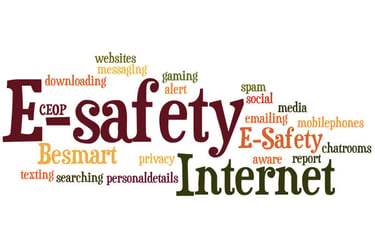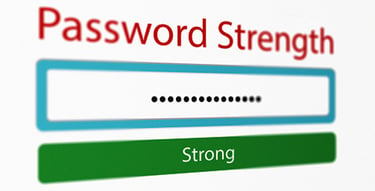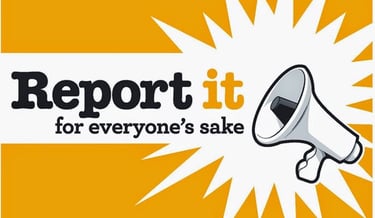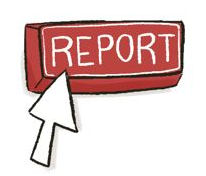Safeguarding
At Wyton on the Hill Primary School, safeguarding and promoting the welfare of children is our highest priority. We are committed to providing a safe, supportive environment where every pupil is protected from harm and able to thrive. All staff, governors, and volunteers share this responsibility, working together through clear policies and procedures to ensure the safety and well-being of every child.


Designated Safeguarding Lead
Ms Jo Phillips
Head teacher


Deputy Designated Safeguarding Lead
Mrs Liz Pugh
Deputy Head teacher
Deputy Designated Safeguarding Lead


Mr Jason Tuxworth
School Business Manager
E-Safety advice for parents
The latest e-safety messages for parents focus on using parental controls, encouraging open communication about online activities, and teaching children to protect personal information and avoid meeting strangers online.
Key advice includes supervising online use in shared areas, teaching children to identify and report concerns, and helping them understand how to use privacy settings on apps and devices to maintain their safety.
Encourage Open Communication
Talk regularly: Have frequent, open conversations about what your child is doing online and who they are talking to.
Be a trusted adult
Talk regularly: Have frequent, open conversations about what your child is doing online and who they are talking to.
Protect Personal Information
Keep details private: Teach your child not to share their full name, address, phone number, school, or places they regularly visit online.
Use strong passwords
Explain the importance of strong passwords and not sharing them with anyone except trusted adults in the family.
Think before posting
Remind children to "think before they post" because content shared online can be permanent.
Understand Online Strangers - online friends are strangers
Stress that people online might not be who they say they are, and it's dangerous to meet people they only know from the internet.
Be cautious with unknown contacts
Advise your child not to accept emails, messages, or friend requests from people they don't know in real life.
Manage Devices and Content
Set up parental controls on home broadband and internet-enabled devices, such as computers, games consoles, and mobile phones.
Supervise device use
Keep internet-connected devices in a shared living area of the house to monitor usage.
Check age-appropriate content: Use the age ratings on games, apps, and films as a guide to what is suitable for your child.
Report Problems - Know who to tell
Ensure your child knows to tell a parent, carer, or trusted adult if anything online makes them feel worried or uncomfortable.
Use reporting tools
Familiarize yourself and your child with the reporting processes on different platforms to deal with issues like cyberbullying.
























